Grass Mat ~ 28 (St of two)
- Availability: 1
- Made & Mkt by: Kala Aur Katha
- Product Code: 4008-KDB28
- Weight: 400.00g
- Dimensions: 25.00cm x 25.00cm x 3.00cm
Rs.480
This contemporary collection comprises basket weaving traditions from different districts of Odisha. Traditionally various form of basket were used in mundane life. The natural fibres such as cane, bamboo, kaincha (golden grass), khajuri patra (date palm leaf), sabai grass are sourced from the forest and paddy fields. Traditional baskets include large size storage for storing rice, dowry boxes, fish trap, bird cage, floor mat, ornamentation, strainer and many varieties of storage items.
The typical dispatch time is 2-3 days; however, in special cases, it may take longer. Please refer to the product details section for specific timelines. Once dispatched, we will share the tracking details with you.
For returns, you can file a request within 24 hours of receiving the product. If the package is damaged, please make a video while unboxing and share images of the damaged item along with your return request.
9328006304 ( WhatsApp )
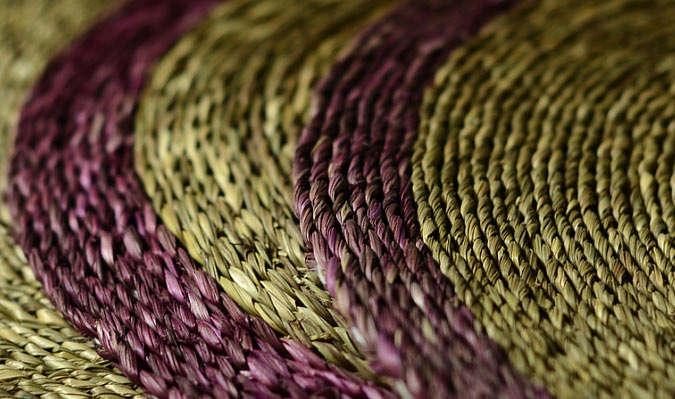
This contemporary collection comprises basket weaving traditions from different districts of Odisha- Mayurbhanj, Balasore located in Nothern Odisha and Jagatsingpur in eastern Odisha. Traditionally various form of basket were used in mundane life. The natural fibres such as cane, bamboo, kaincha (golden grass), khajuri patra (date palm leaf), sabai grass are sourced from the forest and paddy fields. Some of these are seasonally collected such as golden grass and sabai grass during the monsoon season. These are manually collected from the forest by several communities. Usually Dom and Pana castes are expert at making bamboo and cane baskets. Traditional baskets include large size storage for storing rice, dowry boxes, fish trap, bird cage, floor mat, ornamentation, strainer and many varieties of storage items.
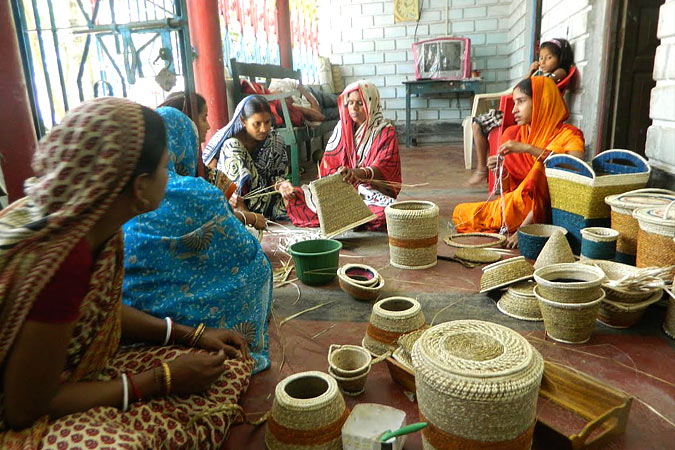
Traditionally, local systems sustained several such communities based on basket weaving practice. Villagers were interdependent on each other for livelihood and sustenance. Dom and Panna caste sustained their family by proving basket work to villagers and also by selling in the local haat bazaar. With the intrusion of other materials in the market, basket weaving tradition is slowly languishing and this local tradition may fade if it is not recreated and celebrated. Local trades and communities may disappear in some years.
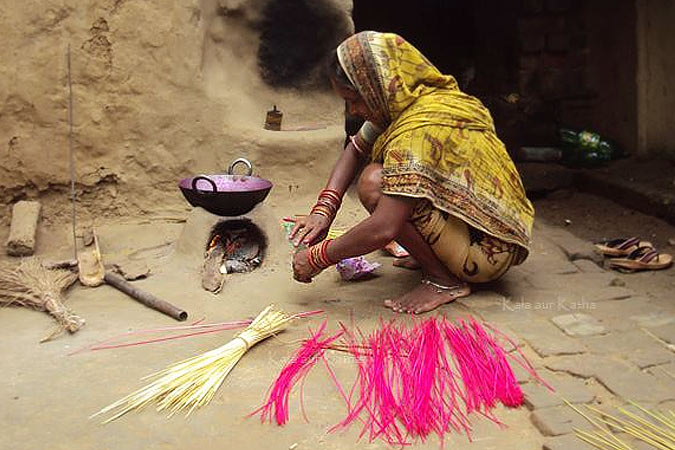
A collection of sabai grass, date palm leaf and golden grass is a collective effort from Balasore district to create a sustainable livelihood for flood affected dalit women from Balasore district.
Contemporary sabai grass mat are braided by putting together fibre by hand and stitched around a circular frame by women from Balasore district.
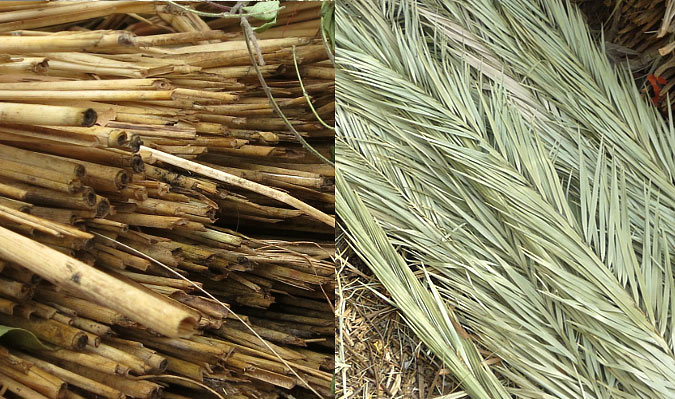
Date Palm leaf-Sabai grass mats are wrapped with date palm leaf by hand. It is coiled together in circular direction and oval shape mat from Balasore district. The edges are raised for set of baskets and waste bin.
Chala: A form of conical bamboo basket from Northern Odisha- Mayurbhanj district. It is traditionally used by women as a strainer to remove starch from the boiled rice and also to clean green leafy vegetables. For the contemporary use it can be used as a decor or for storage. It can also be used like lamp with light lit from inside-radiating weaving patterns beautifully in the dark room.
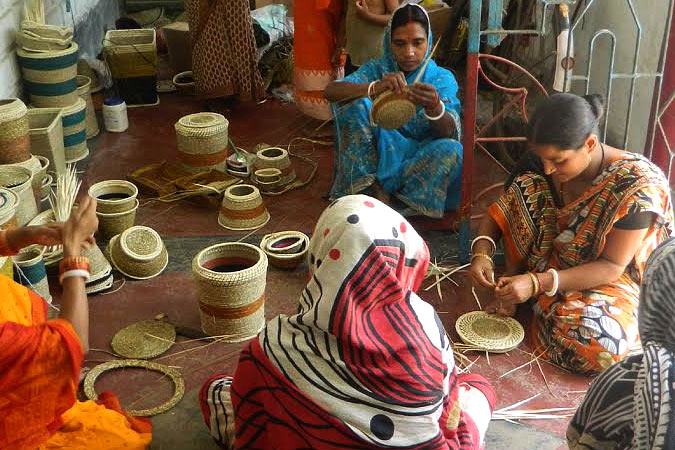
Dala: a basic and most common form of bamboo basket from Northern Odisha- Mayurbhanj district used by people traditionally in their houses for storage purposes. For the contemporary use it can be used as natural craft product for storage.
Kaincha: Golden Grass mat is made in Jagatsingpur district by women and are durable for daily use.
| Craftsmen | |
| Made by | Mayurbhanj artisans working with Kala aur Katha |
| Material | |
| Made of | Date Palm, Sabai Grass & Bamboo |
| Instruction | |
| Note | -Imperfections and variations in the product cannot be termed as defects, as these are intrinsic to the handmade process. |
A few kilometers from Ujjain, on the banks of river Kshipra, is the small town of Bhairavgarh. Known for the temple of Kaal Bhairav, the fearful manif..
Rs.6,900
A few kilometers from Ujjain, on the banks of river Kshipra, is the small town of Bhairavgarh. Known for the temple of Kaal Bhairav, the fearful manif..
Rs.5,900
A few kilometers from Ujjain, on the banks of river Kshipra, is the small town of Bhairavgarh. Known for the temple of Kaal Bhairav, the fearful manif..
Rs.7,800
A few kilometers from Ujjain, on the banks of river Kshipra, is the small town of Bhairavgarh. Known for the temple of Kaal Bhairav, the fearful manif..
Rs.6,900
A few kilometers from Ujjain, on the banks of river Kshipra, is the small town of Bhairavgarh. Known for the temple of Kaal Bhairav, the fearful manif..
Rs.6,900
A few kilometers from Ujjain, on the banks of river Kshipra, is the small town of Bhairavgarh. Known for the temple of Kaal Bhairav, the fearful manif..
Rs.6,900
A few kilometers from Ujjain, on the banks of river Kshipra, is the small town of Bhairavgarh. Known for the temple of Kaal Bhairav, the fearful manif..
Rs.5,200
A synesthetic expression…where songs and words dance on canvas, colours and patterns make musical harmonies…The Gond tribal painting is an experience ..
Rs.1,620
A bullock cart (Gadi) wheels through a village trail, carrying all the basic household commodities that a ‘Gadia Lohar’ (nomadic blacksmith) may need ..
Rs.4,900
Mask, a noun suggesting something put on to change or hide identity, to get out of ones or into another character... may or may not be worn.... Wearab..
Rs.18,300
Some wandering rays of an aimless light,Carelessly slipped into my loom the previous night…Their whimsical sparks got woven away,Within the mortal str..
Rs.7,560
Bhagalpur, is one of the oldest towns of Bihar, references to which can be found in Indian epics like Mahabharata and Ramayana, as the kingdom of ‘Ang..
Rs.4,975
Red… the colour of blood, of life, vitality… red, the colour of the Mother Goddess, the embodiment of power, the nurturer and destroyer… the protector..
Rs.22,050
Gathering commences in the middle of deserted pavilions where velvet carpets adorn the Dessert lands & Manganiyars play folk music as a bugle for ..
Rs.512 Rs.1,025
Gathering commences in the middle of deserted pavilions where velvet carpets adorn the Dessert lands & Manganiyars play folk music as a bugle for ..
Rs.512 Rs.1,025
Gathering commences in the middle of deserted pavilions where velvet carpets adorn the Dessert lands & Manganiyars play folk music as a bugle for ..
Rs.512 Rs.1,025
Gathering commences in the middle of deserted pavilions where velvet carpets adorn the Dessert lands & Manganiyars play folk music as a bugle for ..
Rs.512 Rs.1,025
A familiar chatter swells in the air as feet chase the trail of a carelessly flying odhani in the by-lanes of Bhuj, spilling colors all over. While&nb..
Rs.3,070 Rs.3,412
A familiar chatter swells in the air as feet chase the trail of a carelessly flying odhani in the by-lanes of Bhuj, spilling colors all over. While&nb..
Rs.9,310 Rs.10,345
A familiar chatter swells in the air as feet chase the trail of a carelessly flying odhani in the by-lanes of Bhuj, spilling colors all over. While&nb..
Rs.3,460 Rs.3,845

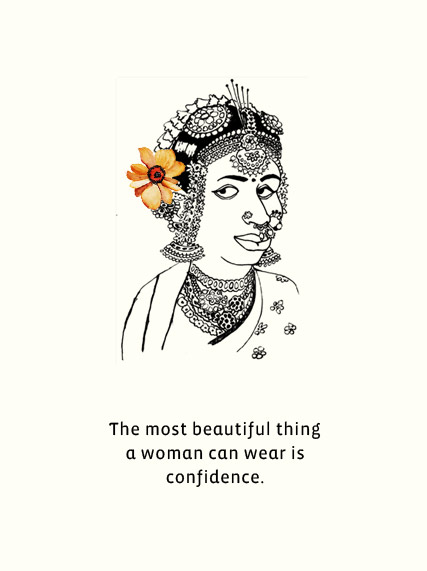

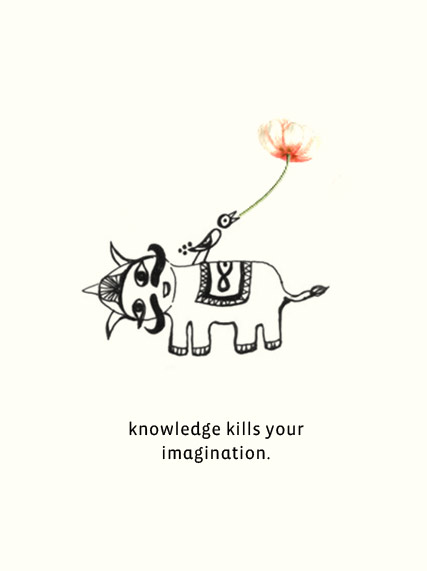

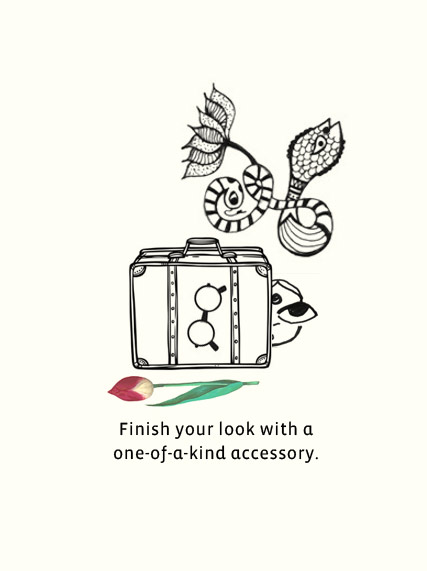
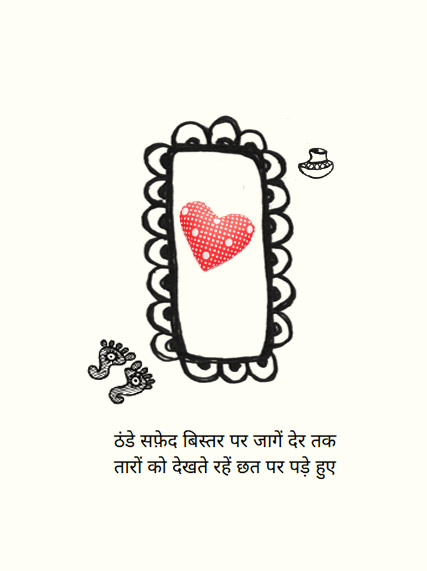

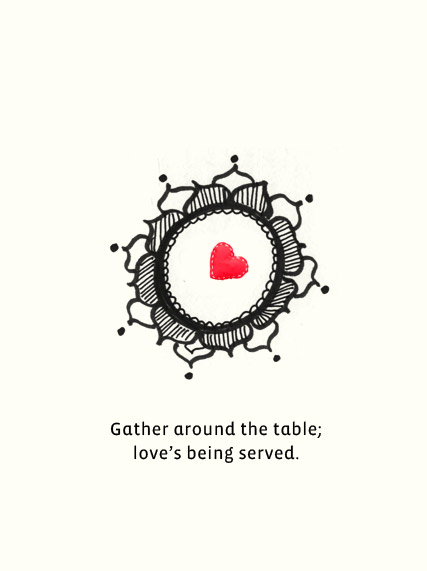
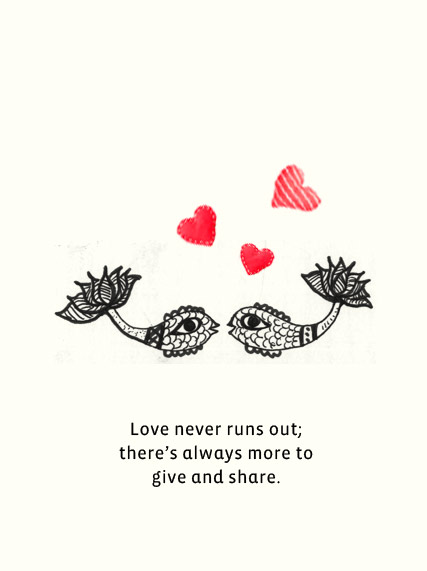
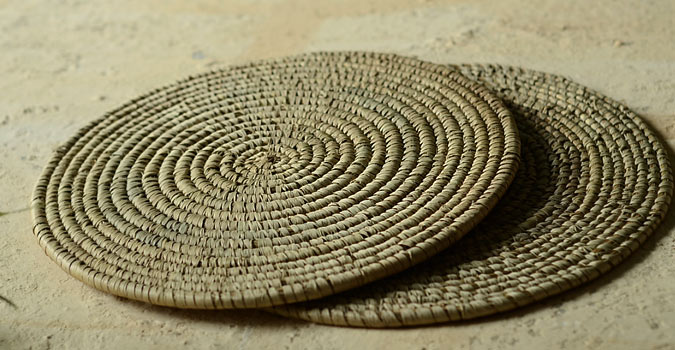
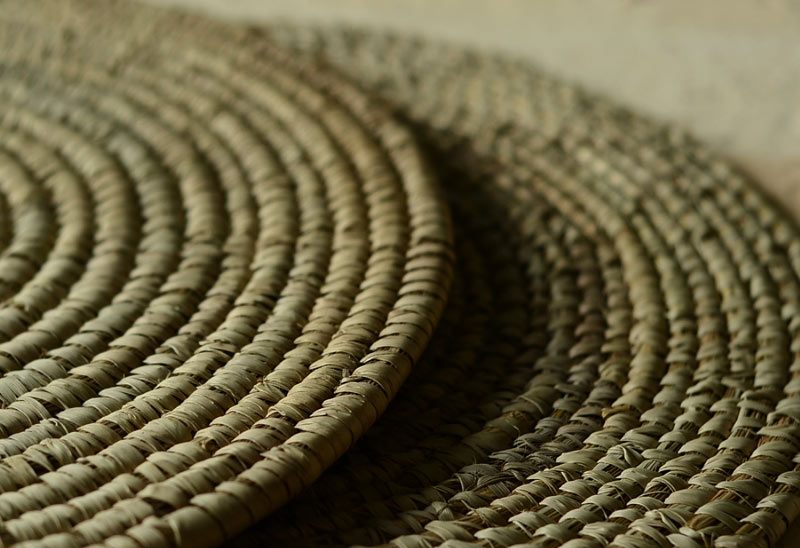
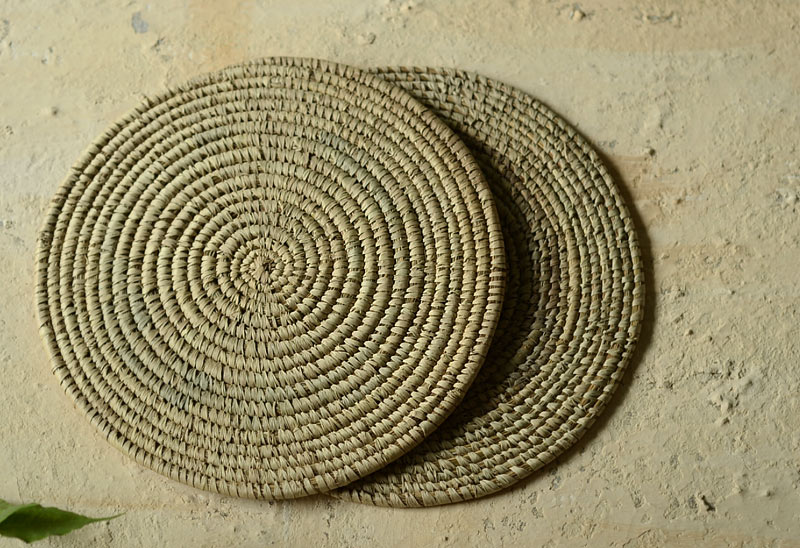



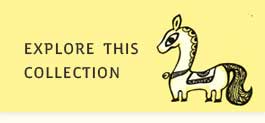
-225x150w.jpg)
-225x150w.jpg)
-225x150w.jpg)
-225x150w.jpg)
-225x150w.jpg)
-225x150w.jpg)
-225x150w.jpg)
-225x150w.jpg)
-225x150w.jpg)
-225x150w.jpg)
-225x150w.jpg)
-225x150w.jpg)
-225x150w.jpg)
-225x150w.jpg)
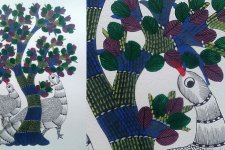
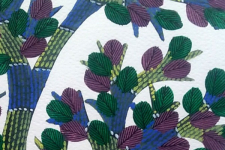
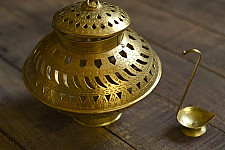
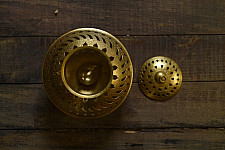
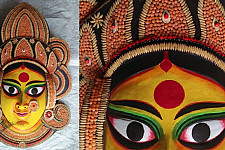
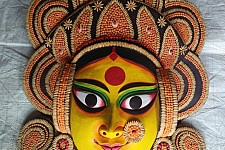
/03_05_2023/Padmapriya-Handwoven-Chanderi-Silk-Saree-Black-225x150h.jpg)
/03_05_2023/17-(2)-225x150w.jpg)
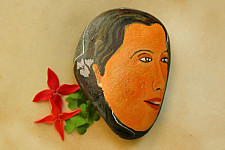
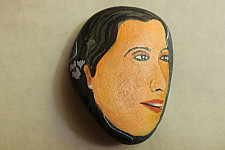
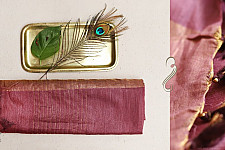
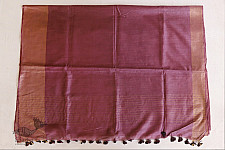
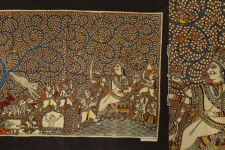
-225x150w.jpg)
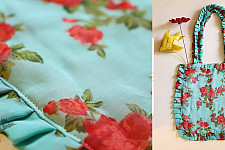
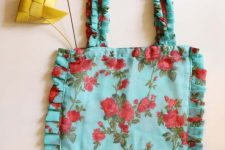
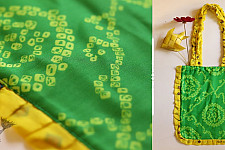
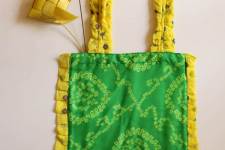
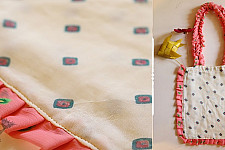
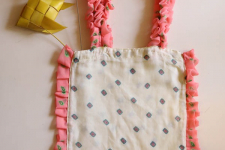
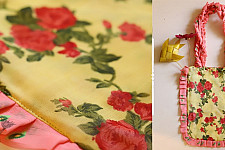
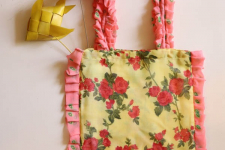
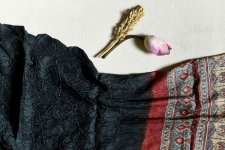
-225x150w.jpg)
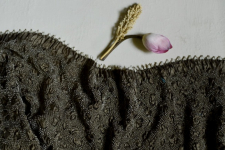
-225x150w.jpg)
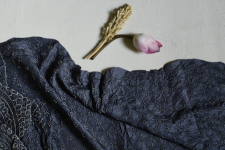
-225x150w.jpg)
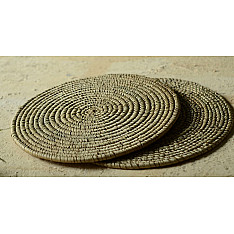
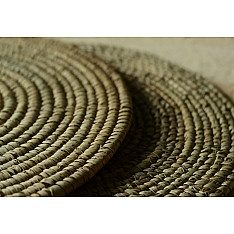
-234x234.jpg)
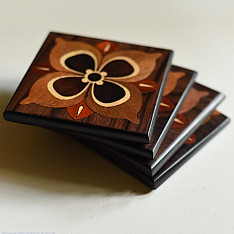
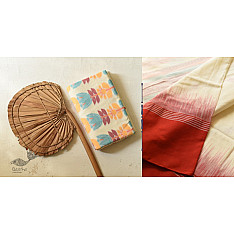
-234x234w.jpg)
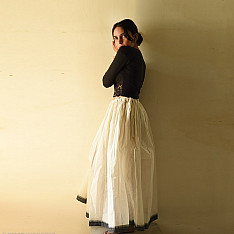
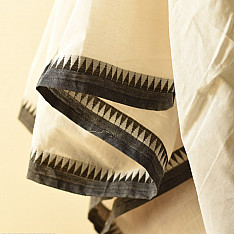
-234x234.jpg)
-234x234.jpg)